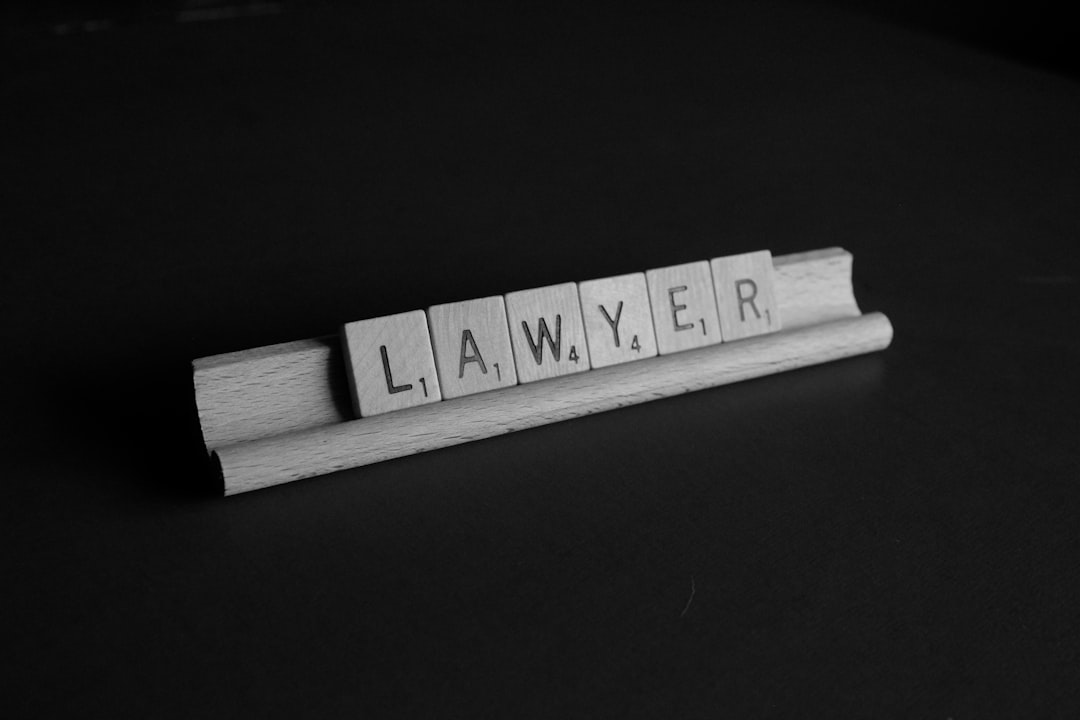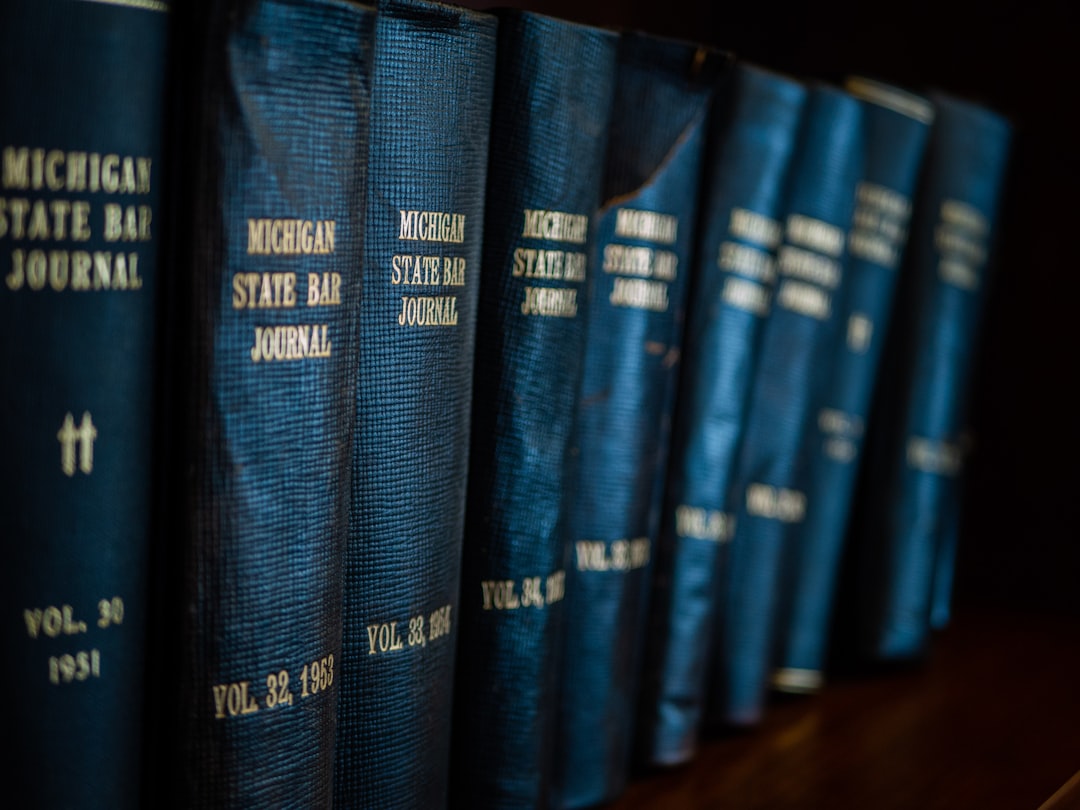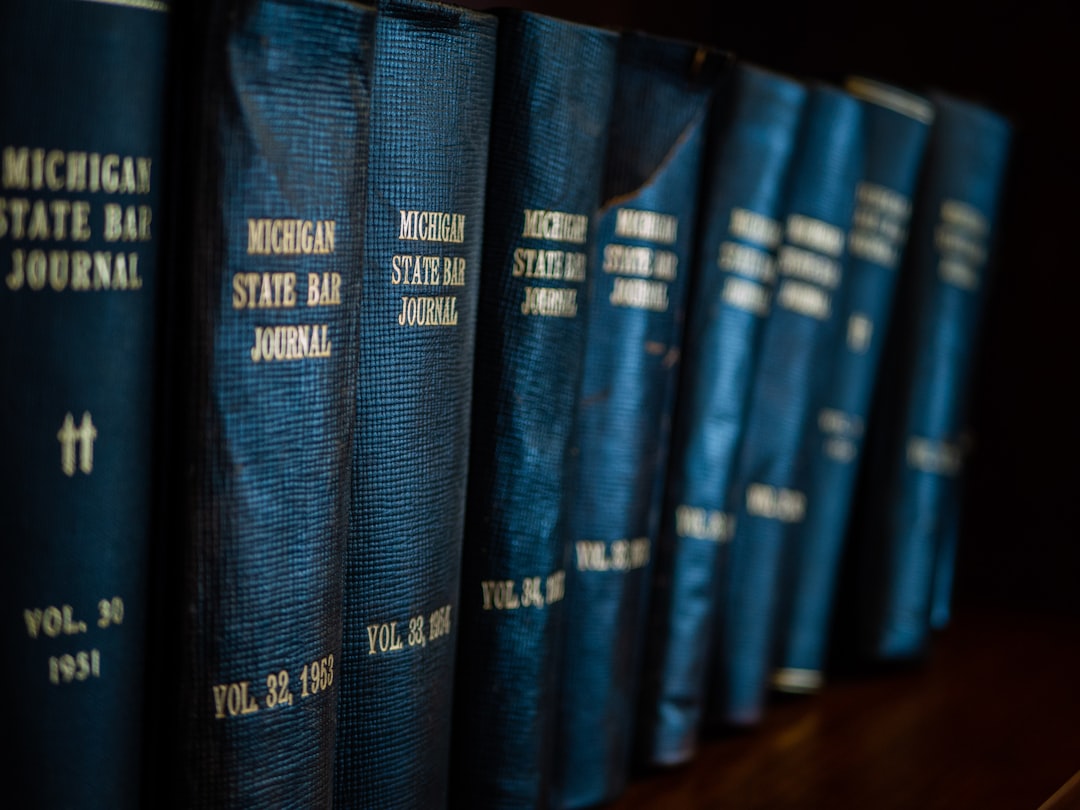In Toledo, Ohio, polygraph (lie detector) tests are a controversial tool in sexual assault cases, used by dedicated rape attorneys under strict legal guidelines. While advocates see them as truth-seekers, critics question their accuracy due to examiner bias and other factors. Ohio courts weigh test relevance and potential prejudice, making it crucial for attorneys to understand current legal standards. Rape attorneys rely on expert witnesses to navigate complexities, ensuring informed judicial decisions in a delicate balance of justice. These tests provide insights but are not infallible; examiner bias, anxiety, and question formulation can impact responses. Ohio rape attorneys play a critical role by scrutinizing polygraph methodology for admissibility in court, protecting their clients' rights, and safeguarding justice.
In Toledo, Ohio, polygraph tests have emerged as a controversial yet prevalent tool in the complex landscape of false rape claims. This article delves into the multifaceted role of polygraphs, exploring their effectiveness and ethical implications. We examine the legal framework governing their admission, dissect the complexities of false allegations, and analyze case studies involving expert witnesses. Understanding these dynamics is crucial for both rape attorneys in Ohio and individuals navigating this sensitive legal terrain.
Understanding Polygraph Tests: A Tool for Truth or a Controversial Practice?

Polygraph tests, also known as lie detector tests, have long been a subject of debate in legal proceedings, especially when it comes to sensitive cases like sexual assault. These tests aim to measure physiological responses to questions, attempting to detect truth or deception. In Toledo, Ohio, where rape cases are handled by dedicated rape attorneys, polygraphs are sometimes used as evidence.
Yet, the accuracy and reliability of polygraph results remain controversial. Critics argue that these tests can be influenced by various factors, such as anxiety, stress, or even unconscious bias of the examiner. On the other hand, proponents maintain that polygraphs can serve as valuable tools for uncovering truth in situations where eyewitness accounts conflict or there’s a lack of physical evidence. For rape victims and their attorneys, understanding both the potential benefits and limitations of polygraph tests is crucial when navigating complex legal scenarios.
The Legal Landscape: When and How are Polygraph Tests Admitted in Ohio?

In Ohio, polygraph tests, also known as lie detector tests, are admissible in court proceedings under specific circumstances. A rape attorney in Toledo, Ohio, may recommend or request these tests to help determine the truthfulness of a victim’s claims, especially in cases where there is conflicting evidence or witness testimony. The rules governing polygraph test admissions ensure that the process is fair and scientifically valid.
When a rape case reaches trial, the court will assess the relevance and potential prejudice of introducing a polygraph result. This decision often hinges on whether the test was administered by a qualified and certified examiner following established protocols. A rape attorney in Ohio should be well-versed in these legal guidelines to ensure that their use of polygraph tests aligns with current case law, thereby protecting their client’s rights throughout the legal process.
False Rape Claims: Unraveling the Complexities and the Role of Expert Witnesses

False Rape claims in Toledo, Ohio, present a complex web of emotional and legal challenges. These cases often involve delicate considerations to ensure justice for all parties involved. One critical aspect is unraveling the truth behind accusations, especially when allegations are later proven false. Here, expert witnesses play a pivotal role in navigating these complexities.
Rape attorneys in Ohio rely on these experts to provide objective analysis and evidence evaluation. They assist in determining the credibility of claims, utilizing advanced techniques and knowledge to discern fact from fiction. By presenting reliable expert testimony, lawyers can guide juries or judges through the intricate details, helping them make informed decisions while upholding the integrity of the legal process.
Ethical Considerations and Case Studies: Examining Polygraph Results in Ohio Courts

In the complex landscape of sexual assault cases, polygraph tests have emerged as a tool to uncover truth and discern false claims. However, their administration and interpretation require meticulous ethical considerations, especially given the sensitive nature of rape allegations. Ohio courts have grappled with the admissibility of polygraph results, recognizing the potential for both accuracy and error. Case studies reveal that while these tests can provide valuable insights, they are not infallible. Factors such as examiner bias, anxiety, and the specific questions asked can influence responses, necessitating a cautious approach by legal professionals.
Rape attorneys in Toledo, Ohio, play a pivotal role in navigating this intricate web. They must thoroughly examine the methodology and context of polygraph tests to challenge or support their admissibility in court. Understanding the nuances of these ethical considerations is crucial for ensuring justice in cases where false rape claims are suspected, ultimately safeguarding the rights of all involved parties.






